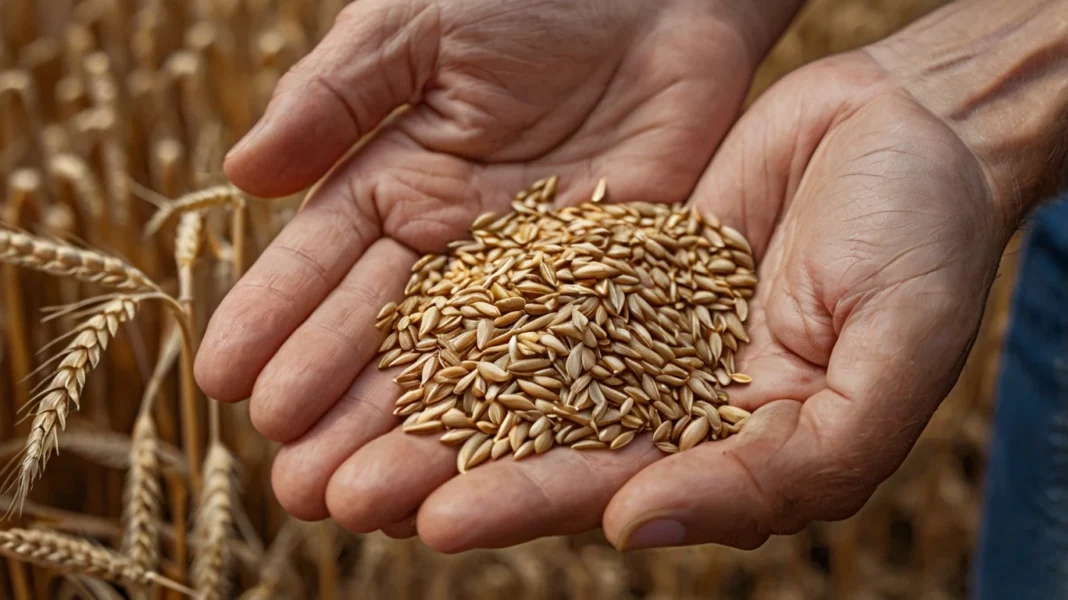
In today’s world, where cultural identity plays a significant role in shaping individual and community narratives, certain names and terms bear immense historical and social importance. One such term is Agrawau. Though often underrepresented in mainstream discussions, it holds considerable significance for a large group of people who trace their roots to the term. In this article, we will dive deep into the meaning, history, and importance of Agrawau, while also exploring its relevance in modern times.
What Does Agrawau Mean?
The term Agrawau is believed to be derived from Agra, which has historical and geographical importance in India. Agra, home to one of the Seven Wonders of the World, the Taj Mahal, also serves as a cultural hub for the Agrawal community. While the term “Agrawau” may not directly relate to Agra itself, its etymology is linked to the greater narrative of the Agrawal community, who predominantly trace their lineage to the city of Agra or its surrounding regions.
In certain interpretations, Agrawau represents a more localized or community-specific term used to describe the descendants or people from the Agrawal clan.
The Historical Significance of Agrawal and Agrawau
To truly understand the meaning and relevance of Agrawau, it’s essential to explore the history of the Agrawal community. The Agrawals are historically believed to be descendants of Maharaja Agrasen, a legendary ruler of Agroha, an ancient city in Northern India. Maharaja Agrasen, known for his fair rule and emphasis on economic and social equality, laid the foundation for what would become a prominent trading community.
Agrasen and Agroha
According to historical and mythological records, Maharaja Agrasen established the kingdom of Agroha, which was known for its progressive social structures and economy. Agroha, which now lies in present-day Haryana, was a prosperous center of trade, industry, and commerce.
Agrawals, the descendants of Maharaja Agrasen, primarily engaged in trade and commerce, and over time, became one of the most prominent and successful business communities in India. The community continues to thrive in modern-day India, contributing significantly to the country’s economy. Agrawau, as a term, is often used in localized dialects or colloquial speech to refer to the descendants or people associated with this rich historical legacy.
Agrawal Traditions and Cultural Practices
The Agrawal community, known for its rich cultural heritage, has various unique customs and traditions that have evolved over centuries. These customs are a blend of religious beliefs, social structures, and business ethics, which have become synonymous with the Agrawal identity.
Business Acumen
One of the most defining characteristics of the Agrawal community is their entrepreneurial spirit and business acumen. Historically, Agrawals have been known for their ethical trading practices, fair pricing, and innovative business ideas. Even today, many successful business leaders, industrialists, and entrepreneurs in India and across the world hail from the Agrawal community.

This entrepreneurial drive can be traced back to the teachings of Maharaja Agrasen, who encouraged his people to engage in trade and commerce, while also ensuring social responsibility and community welfare.
Social Welfare
Another significant aspect of Agrawal culture is their emphasis on social welfare. Maharaja Agrasen is said to have introduced a unique system of welfare, where every household in Agroha contributed one brick and one coin to help newlyweds or those in need. This system helped maintain social harmony and provided financial security to those starting out in life.
This tradition of community welfare is still evident in modern-day Agrawal families, who often engage in charitable activities and contribute generously to social causes.
Agrawau in Modern Times
In today’s rapidly changing world, terms like Agrawau serve as reminders of the community’s deep-rooted values and traditions. While the Agrawal community has spread across the globe, they continue to maintain their cultural identity through various means, including language, customs, and community organizations.
The Role of Technology
With the advent of technology, the Agrawal community, including those who identify with the term Agrawau, has found new ways to stay connected. Social media platforms, community forums, and online networks have made it easier for Agrawals across the globe to communicate, share resources, and collaborate on business ventures.
Global Influence
The Agrawal community’s influence is not limited to India. Many members of the community have emigrated to countries like the United States, the United Kingdom, Canada, and Australia, where they have established successful businesses and made significant contributions to their local economies.
In these countries, Agrawau serves as more than just a term – it becomes a symbol of pride and identity for the descendants of the Agrawal community. It reminds them of their rich heritage and inspires them to uphold the values of entrepreneurship, fairness, and social responsibility.
The Future of Agrawau
As we move further into the 21st century, the relevance of terms like Agrawau will continue to evolve. While the historical and cultural significance of the Agrawal community remains intact, younger generations are finding new ways to express their identity.
Preserving Cultural Heritage
One of the major challenges faced by the Agrawal community today is preserving their cultural heritage while embracing modernization. With rapid globalization and the blending of cultures, there is a growing need to find ways to keep traditional practices alive while also adapting to contemporary lifestyles.
Efforts are being made by various community organizations and leaders to document the history, traditions, and values of the Agrawal community. This includes creating digital archives, organizing cultural events, and educating younger generations about their roots.
Agrawau as a Symbol of Unity
In a world that is increasingly divided by borders, politics, and ideologies, Agrawau can serve as a symbol of unity for the Agrawal community. By embracing their shared heritage and values, Agrawals can continue to build strong communities, both in India and abroad.
Conclusion
The term Agrawau may seem small, but it carries with it centuries of history, culture, and significance. From its roots in the Agrawal community, tracing back to the legendary Maharaja Agrasen, to its modern-day relevance, Agrawau serves as a bridge between the past and the present. It reminds us of the importance of community, fairness, and entrepreneurship, while also inspiring future generations to continue these traditions.
As we look toward the future, Agrawau will undoubtedly remain a key part of the Agrawal identity, symbolizing both a rich cultural heritage and a forward-thinking approach to life and business.







